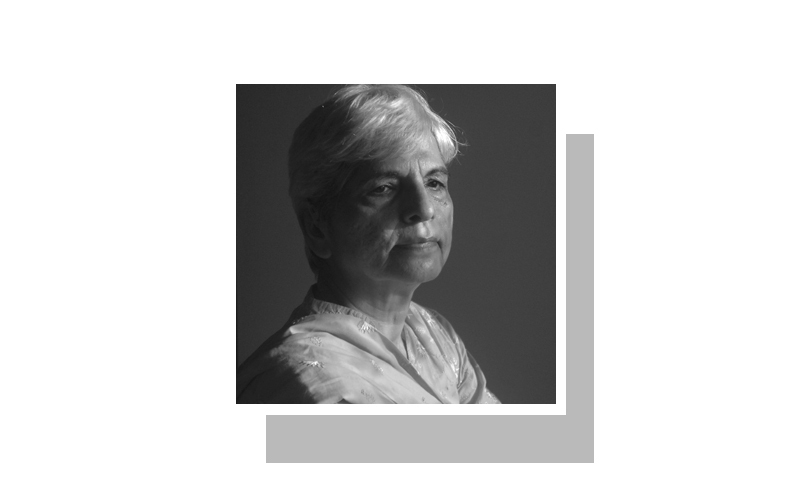A MAJOR issue being debated in Britain today concerns the Muslims — men and women. It is what is termed the radicalisation of their youth.
Concerns were sparked off by the Islamic State (formerly Islamic State of Iraq and al-Sham) when its militants beheaded James Foley, an American journalist covering the war in Syria, and circulated a video of the bestial act. Even before this incident grabbed the headlines, media reports had been suggesting that authorities in London believed that as many as 500 Muslim men with British nationality had left the UK to join the IS ‘jihad’.
Know more: IS claims beheading of journalist, warns US on Iraq strikes
The last straw came when Foley’s killer was identified from his speech and accent as British. Writing for The Sunday Times, the foreign secretary summed up the widely felt sentiments: “It is horrifying to think that the perpetrator of this heinous act could have been brought up in Britain.”
Since then the police have been empowered to seize the passports of people if need be. The move has come too late in the day and two more hostages have been murdered since and one more is under threat.
Many young Muslims draw inspiration from websites with extremist content.
One had hardly got over the shock when came another bombshell. A couple having Pakistani roots made public their dismay at their daughter’s decision to leave home to join IS jihadis. In a statement released to the Glasgow press, they described her as a “bedroom radical” and termed her action as a betrayal of her family, her community and the people of Scotland. It would be upsetting for them as many migrate from Pakistan to give their children a better future, so bleak has life become for the youth in our own country.
Against the backdrop of these horrifying events is the fact that a number of young Muslims are drawing inspiration from websites notorious for their extremist content. At the same time, there have been reports in Britain as also other Western countries of an increase in racism and hate crimes against Muslims in the wake of 9/11. Publications such as Maybe we are hated: The experience and impact of anti-Muslim hate on British Muslim women by the University of Birmingham are cited in support of the claim that Muslims are being victimised for their beliefs.
What can one say about this perversity that is creeping into a section of the Muslim youth? It can under no condition be condoned even if this is viewed as a reaction to the perceived injustice to Muslims. Two wrongs do not make a right.
No Pakistani I met in Scotland justifies it. How the immigrants explain this extremism would depend on who you are talking to. Many who complain of personal experiences of racial discrimination might be immigrants who remain on the fringe of local society. Living in ghettoised conditions, many Pakistani women do not even want to socialise with people not from their own community. They shop for groceries at South Asian stores and thus manage to avoid interaction on a regular basis with the majority.
There are others — mainly employed professionals — who interact with the indigenous population who may have a different story to tell.
The problem is that the absence of awareness and knowledge of ‘the other’ leads to fear, alienation and prejudice. When people from different communities living together are inclusive in their approach and accept one another’s way of life, chances are there will be more harmony among them.
Much of the alienation in children comes from the identity crisis that is created. In order to preserve their identity as ‘good Muslims’ (even of the moderate kind) children are often indoctrinated in such a way that the message is that theirs is a superior faith. By implication other religions are berated. Many of these children whose parents are migrants fail to adjust in the society they grow up in because of the dichotomy between their home environment and outside surroundings. This makes them vulnerable to the influence of extremists scouting for recruits.
But the fact is that most Muslim youth do not end up as jihadis. The problem needs to be contextualised and rational analysis can help identify the factors that make some more vulnerable than others.
The key to promoting interfaith, inter-cultural harmony is how ‘the other’ is projected and interpreted, especially to young children. A social worker giving the leftist perspective pointed out that integration of communities is a mutual process that is hindered by the universal rise of racism in the West that puts immigrants on the defensive. The media is not helpful either given its penchant for sensationalism.
The real problem, she feels, is the crisis the youth face worldwide due to the vacuum created by societies. The vulnerable ones turn to violence. For Muslims it is ‘jihad’. Global conflict spurs them on. Don’t we see that in Pakistan as well?
Published in Dawn, September 17th, 2014
































